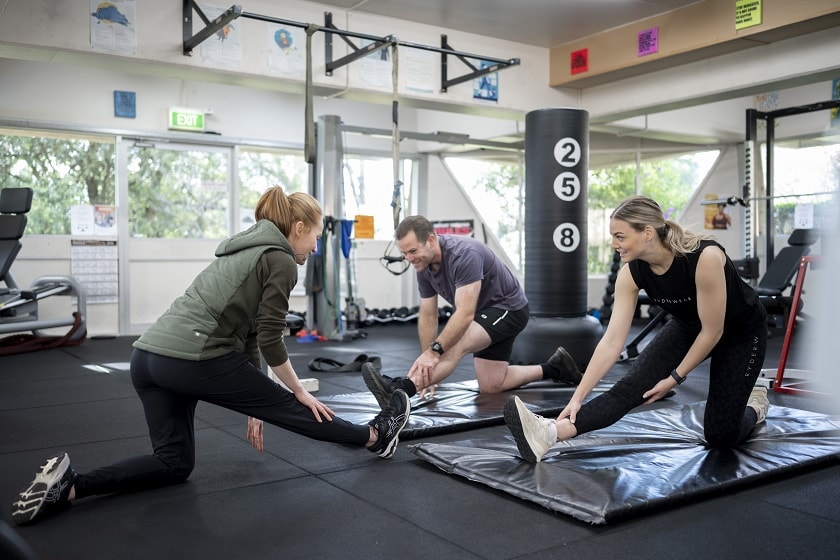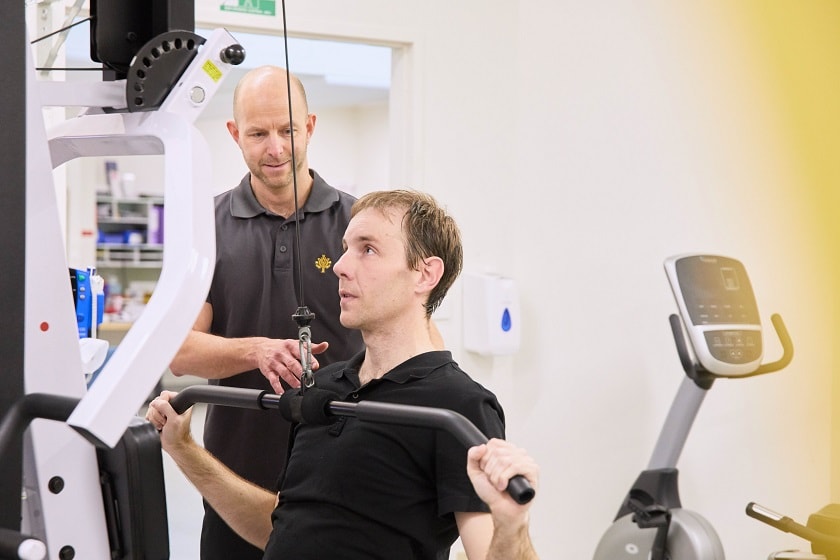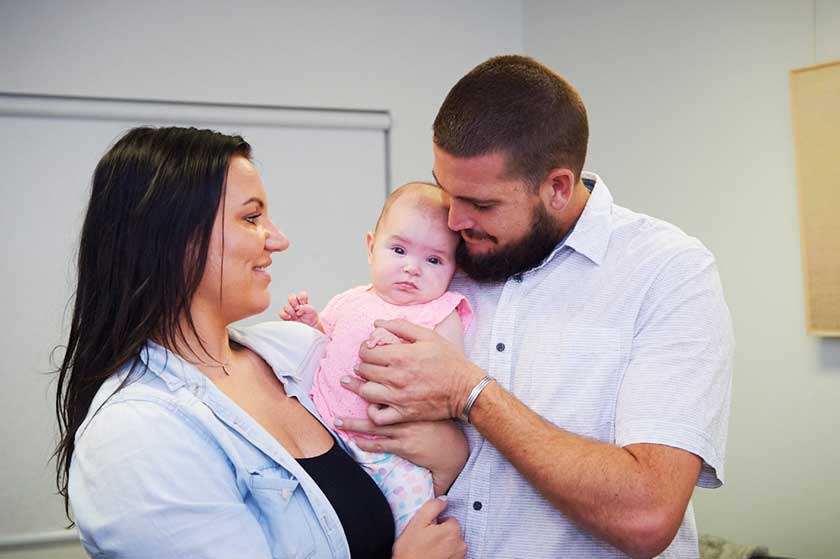In the past, there has been a tendency to focus on treating the mind – not the mind and body as a whole. However, research shows that treating the mind and body simultaneously has significant improvements in mental health symptoms.
Why is exercise key to maintaining not only good physical health, but also our mental wellbeing? Let’s explore the benefits.
Benefits of exercise for mental health
Here are five reasons why exercise is crucial to good mental health:
Exercise reduces symptoms of depression and anxiety
Engaging in physical activity stimulates the release of various neurochemicals in the brain, such as “feel-good” endorphins, serotonin, dopamine, and norepinephrine. These chemicals are known to regulate mood, promote a sense of wellbeing, increase energy and improve overall mental health.
Engaging in physical activity also provides a healthy distraction from negative thoughts that often accompany depression, anxiety and stress. Exercise redirects attention away from worries and intrusive thinking patterns, allowing people to focus on the present moment and the physical sensations of movement.
Exercise promotes social connection
Being physically active with one other person or in a group can make the activity more fun, engaging and less like “work”. If you are struggling with negative symptoms of anxiety or depression, doing an activity with a trusted person can help with accountability, as we all know it’s easy to let yourself make 100 excuses not to go.
Working out or being active with someone allows you to socialise whilst moving, potentially being side-by-side, which can make it easier to talk about difficult topics. A conversation while doing an activity can also feel much more private than a busy cafe or a house filled with people, adding to the sense of intimacy and ease.
Whether it’s cycling, walking or playing a soccer game with a trusted person, exercising with others can provide a great outlet for people to express themselves, share experiences, and foster a sense of connection and belonging, reducing feelings of isolation.
Improve memory and concentration
Physical activity helps promote better memory and focused concentration by improving blood flow and oxygenation to the brain. This increased mental sharpness can help people to better manage stressors and maintain mental clarity during challenging situations.
Exercise can also protect the brain by reducing inflammation, promoting antioxidant activity, and supporting brain health. By protecting the brain from potential harm, exercise can contribute to long-term brain health and cognitive wellbeing.
Build resilience and regulate emotions
Exercise serves as a healthy outlet for emotional expression and regulation. Physical activity can provide a constructive way to channel feelings of frustration, anxiety, overwhelm, anger, or sadness.
Through exercise, people can release pent-up emotions, reducing the likelihood of these emotions manifesting in unhealthy ways, such as angry outbursts or risk-taking behaviours. Engaging in physical activities allows people to channel their energy into something productive, promoting emotional balance, stability and even self-esteem and confidence.
Regulate cortisol
By participating in physical activities, people can help regulate their hormone levels, which can enhance their overall wellbeing and mood.
Exercise helps regulate stress hormones such as cortisol, promoting a more balanced and relaxed state. This, in turn, can alleviate symptoms of anxiety and depression by reducing overall stress levels, while helping to improve sleep and increase energy.
So how to start exercising?
If you aren’t an active person, the idea of starting to exercise at a gym or taking up a sport can be a bit overwhelming. That is why my first tip is to get moving – start small, such as:
- Dedicate five minutes a few times per day to moving your body
- Go for a short walk (aim for 10,000 steps per day)
- Increase incidental activity like take the stairs instead of the lift
- Play your favourite song and dance like no one is watching
- Do something you enjoy, or used to enjoy, and get a buddy to help.
Once you are more comfortable, or if you are an active person already, you can then start to participate in more activities.
Aim to exercise for 20 to 30 minutes each day
Make exercise a part of your daily routine, aiming for movement and structured exercise three times a week and do something you enjoy. Exercise shouldn’t be a chore.
I also recommend setting goals so you can work towards an achievable outcome – that goal could be to increase daily activity, a strength milestone, a fun run, health reasons/ weight management, or even just setting time to do it.
Some of the exercises that might work for you include:
- outdoor exercise – walking, running, cycling, bushwalking, swimming
- gym-based cardio – treadmill, cross-trainer, boxing, rowing
- resistance training – free weights, squats, weight machines, resistance bands or bodyweight exercises
- group exercise classes –boot camp, les mills, sprint cycle class, Pilates or yoga
- sports – join a club, or attend weekly social sport sessions, such as squash, soccer, frisbee or netball (the list goes on.)
And if you get bored, you can always try something new.
So go out and have some fun, because doing something small is better than nothing at all. You’ll quickly see the benefits start to flow into your mental health.
Remember something is always better than doing nothing at all. So get moving.









